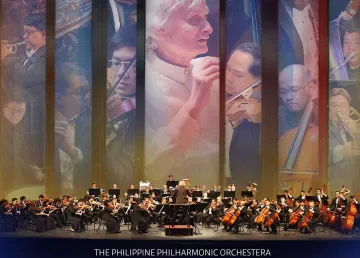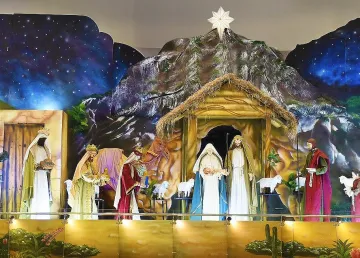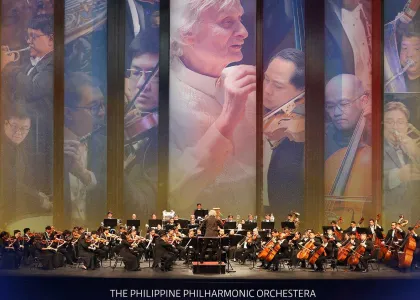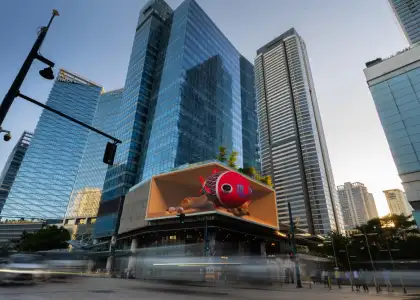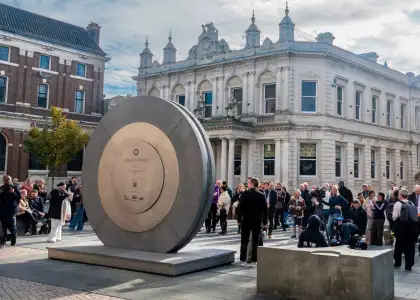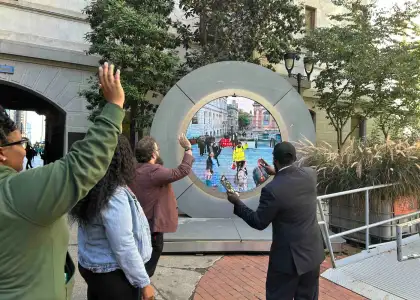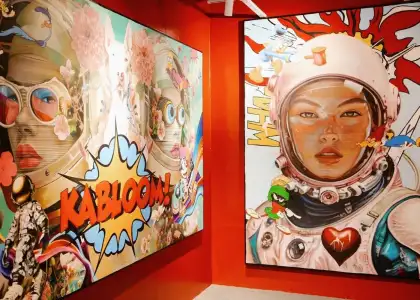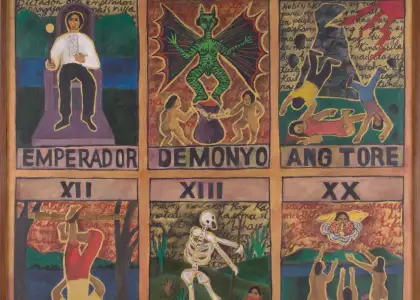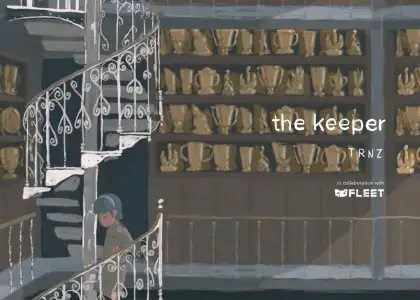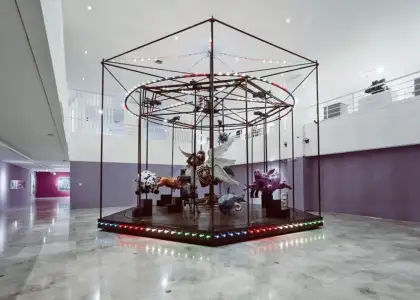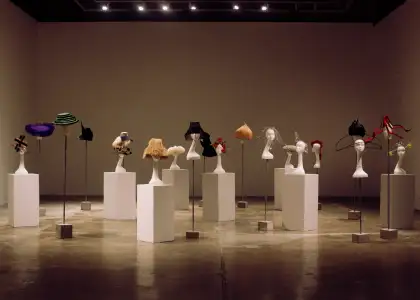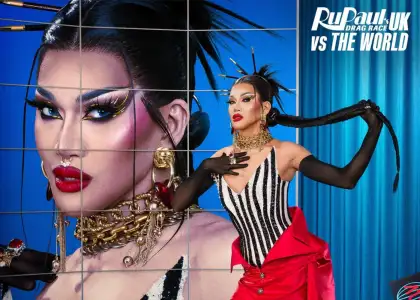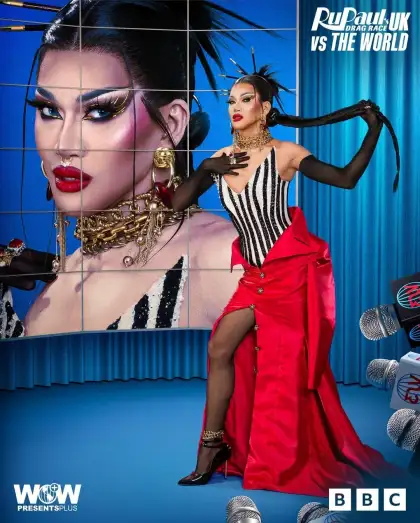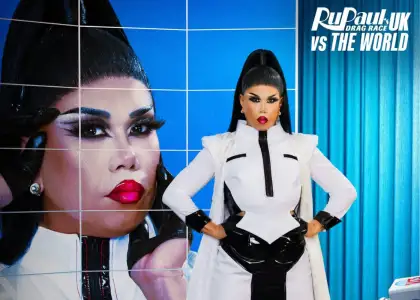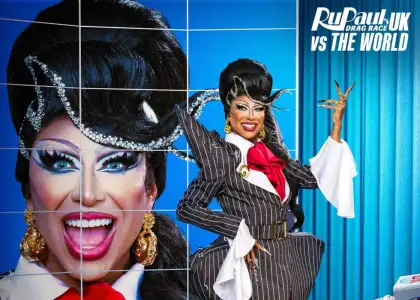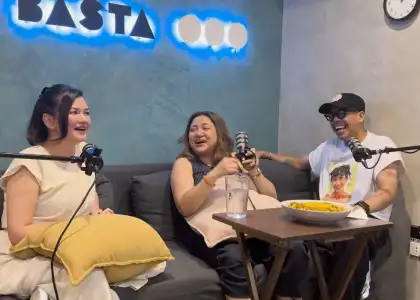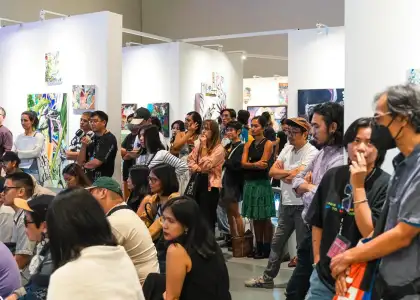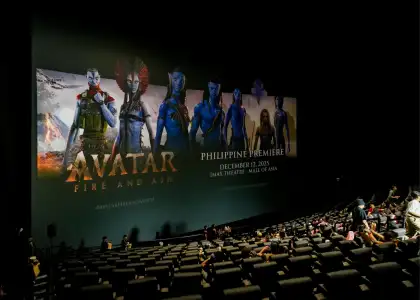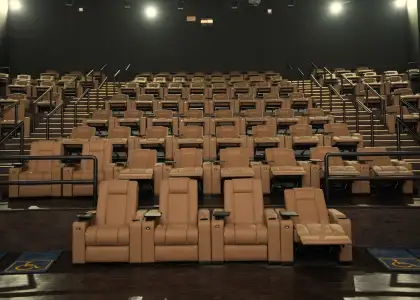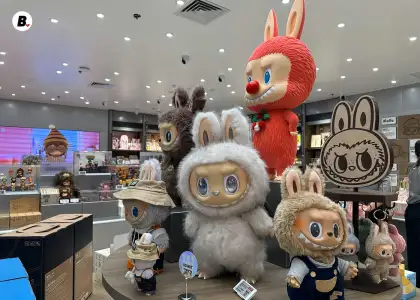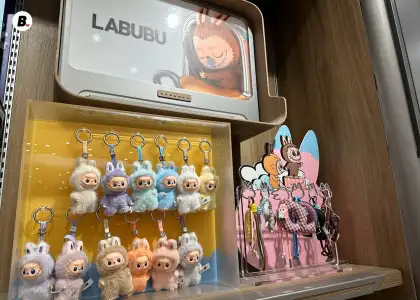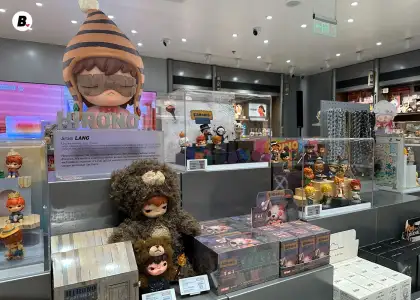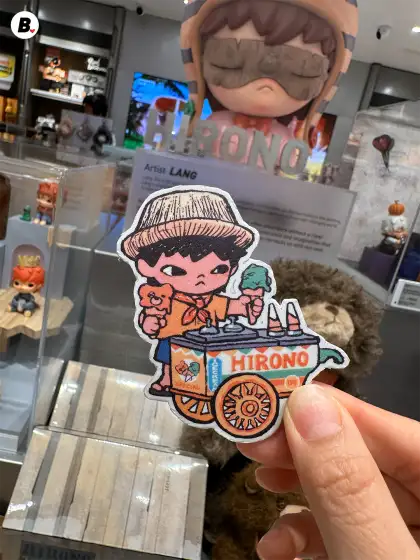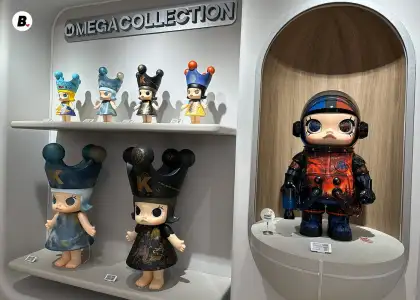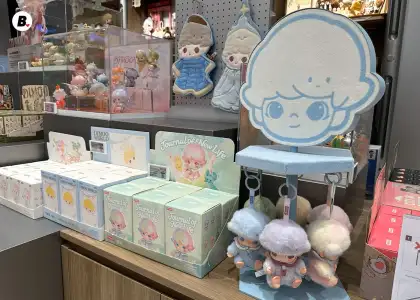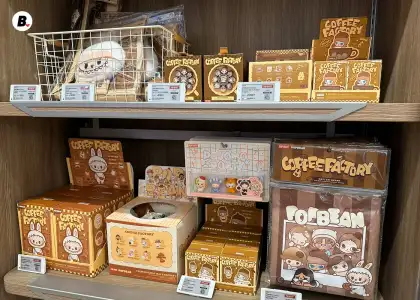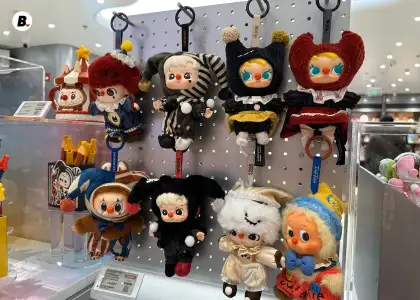Bayang Barrios on Embracing Her Indigenous Identity Through Music
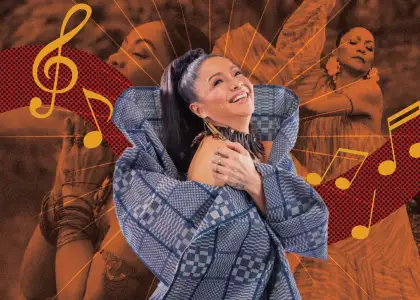
Music often resonates with people on a deep emotional level as certain songs can elicit memories and emotions. Generally, individuals entwine their identities through songwriting, singing, or playing an instrument.
This was one of the biggest realizations that Junelie Otero Barrios, popularly known as Bayang Barrios, learned throughout her time spent exploring her identity through music.
In an interview with The Beat Asia, Bayang recalled the importance of music to a person’s identity and that individuals may have multiple identities that go beyond their musical tastes. Nonetheless, music can have a profound impact on how people perceive themselves and how they connect with others.

Stepping Into the World of Music
A native of Agusan del Sur province in Mindanao, Bayang first stepped into the music industry during her college years when she crossed paths with Philippine music icon Joey Ayala. She discovered her passion for music while receiving training from Ayala as part of the Cultural Center of the Philippines' cultural exchange program.
At the time, Bayang was pursuing a bachelor’s degree in education but opportunities to pursue music presented themselves even before she graduated.
“[Ang thinking ko], sige habang ‘di pa ko nakaka-graduate [sasama ako kay Joey], pero [kapag] naka-graduate na ako hahanap na ‘ko ng trabaho. Pero hindi, mas dun pala ako napunta.”
([My thinking] is that it’s okay, [I'll go with Joey] while I haven't graduated yet, but when I do, I will find another job. But no, I went further into it [music industry]).
When asked if she also thought about pursuing a music degree in college, Bayang revealed that she considered becoming a nun because she was taking up a major in catechesis.
“Kasi major in catechesis ako tapos preparation to enter ng pagkamadre, hindi natuloy ‘yun. At the same time, nakita ko si Joey Ayala, so dun nagsimula. I think ‘yung [music] talaga ‘yung calling ko.”
(I was supposed to enter the convent because my major is catechism, but that didn't work out. At the same time, I met Joey Ayala, so that's where it started. I think [music] is really my calling.)
During the interview, Bayang explained where she got her moniker from. As members of the Manobo tribe, it has long been customary for them to give their newborn children the first word that the mother hears while giving birth as the child’s nickname.
Given that Bayang's birthday fell on June 12th —Independence Day—her pseudonym was derived from the first word of the Philippine national anthem, "Lupang Hinirang." At present, Bayang is married to Mike Villegas and has one daughter, Mayumi, who also shares her passion for singing.

Inside the Music Industry as a Native
It is a known fact that most Filipinos enjoy listening more to Western pop or Western-influenced Filipino music. Hence, there is a relatively small audience for folk music or music produced by gong and bamboo instruments. Nonetheless, this hasn’t stopped Bayang from supporting folk pop music and mastering the art of incorporating indigenous music and theatrical songs.
Bayang further gained prominence for singing the theme song of the TV series “Encantadia.”
“Tinawagan ako ng isang arranger, sabi sakin kung pwede ba akong maka-collaborate. Sabi ko, sige gawin mo na ‘yung areglo, gagawan ko ng chant. Walang rehearsal ‘yun. Pagdating sa studio, pinakinggan ko, record [kami] derecho. Spontaneous ‘yung chanting kaya sabi ko nga sa lahat ng nagtatanong, hindi ko mauulit ‘yan kaya kailangan kong i-rehearse kasi wala siyang structure. Etong segment na ‘to ang feel ng chanting ay [parang] na-rape na ‘yung kabundukan, inubos, sinunog, maraming nawalan. Parang war chant, ang lumabas sa’kin ay galit siya at the same time lament, umiiyak.”
(A [music] arranger called me and asked if I was up for a collaboration. I said, go ahead and make the arrangement, I'll make the chant. There was no rehearsal. When I got to the studio, I listened to it, and we recorded instantly. The chanting is spontaneous, so I told everyone who asked, I can't repeat it, so I must rehearse it because it has no structure. In this segment, the feeling of the chanting is [as if] the mountains have been raped, consumed, burned, and many have been lost. It was like a war chant, what came out of me was that [nature] was angry and at the same time lamenting, crying).
Regardless of where the music industry has taken her, Bayang has learned to embrace and take great pride in her Lumad heritage. Whenever she visits her hometown, her community treats her no differently than any other citizen, and they know her as someone who frequently shops at the market.
During the time that she visited her tribe, she underwent an official ceremony before recording the music video for her song “Suod Ko” or my siblings in English translation.
“Nag-request kami na puntahan ang mga tribal communities para mag-shoot do’n. Kumuha kami ng elders para mag-chant sa Agusan, sa Bunawan. Winelcome ako through a ritual, nag-prepare ng chicken [as alay] para i-allow at i-guide ng spirit na gumawa kami ng MTV don. Sakin, parang refreshing ‘yun na makita [at marinig sila], ‘di lang sa mind e, buong pagkatao [ko].”
(We requested to film [a music video] in a tribal community. For the chanting, we sought out some elders in Agusan (Bunawan). We were welcomed with a ritual and prepared a chicken [as an offering] to appease and guide us by the spirit while making the MTV there. To me, it's refreshing to see [and hear the tribe], not just in my mind but [in my] whole being.)
Advocacies of Indigenous People
Considering Bayang’s ethnic origins, she personally experienced discrimination and unjust treatment in the industry. Through her music, she has been an advocate for the rights and welfare of her fellow indigenous people.
“Minsan [may] mga workshops na pinupuntahan or ini-invite ako, magbibigay ako ng awitin or [mag-share] ng experience nu’ng bata pa ako. Binibigyan ko sila ng little inspiration kung ano ‘yung pinanggalingan ko para alam nila kung ano ang struggle. ‘Yung naririnig ko sa kanila pareho din sa nangyari sa akin na nadi-discriminate. Ang pinaka-issue ngayon ng mga katutubo ay ‘yung pagkakilanlan, ‘yung makilala na may kultura na ganito, na dapat i-respeto kasi halos lahat ng kababayan natin, kabataan, hindi alam na may ganitong klase.”
(When I attend or get invited to workshops, I perform a song or [share] an experience I had when I was younger. I [want to] give them a little inspiration by sharing with them where I came from, so they become aware of the true nature of the struggle. What I’ve heard from them is the same thing that happened to me when I faced discrimination. The most pressing concern for the indigenous people today is to be recognized and treated as deserving of respect like any other people because most of our countrymen, especially young people, are unaware that this kind of culture exists.)

She also addressed the issue of Lumads’ ancestral land and the unlawful detention, as well as the provision of education in terms of disaster or calamity preparation.
“[Hindi] naman ako active sa [mga advocacy work], more on kung anong meron ako – ‘yung paggawa ng mga songs at kantahan ‘yung mga komunidad na nangangailangan sa akin. Sa maliit na pamamaraan na ganyan, I think kahit isa o dalawang tao na na-i-inspire ko, malaking bagay na ‘yun.”
([I'm not] active in [advocacy works], but rather I focus on what I have, [which is] making music and performing for the communities that need me. With such a modest effort, I believe that if I am able to inspire even one or two people, that will be a significant accomplishment for me.)
In line with this matter, Bayang’s first ever released song “Ka Tribo Ko,” talks about her struggles when she was just starting out in the music industry.
“’Yung song sinasabi ko doon ay mga experiences ko, na sana hindi ko siya tinakwil before para hindi ako lost ngayon. Ang mga katutubo, elders, at ninuno natin sila ‘yung spirit ng ating buhay, ng bansa natin. Sila ‘yung may natural na wisdom na kung papakinggan lang natin hindi tayo mawawala-wala ngayon.”
(This song is about my experiences, and how I wish I hadn't disowned it before so I wouldn't be feeling lost now. The natives, the elderly, and our ancestors are the spirit of our life, of our country. They are the ones who have innate wisdom, and if we just listen to them, we will not be lost today).
Since Bayang has been in the music industry for 35 years, she has never stopped advocating for the indigenous people to be recognized and the Filipino identity in general.
“Marami na tayong pinagdaanan as bansa, as people, ipaglaban natin ‘yung gusto natin. ‘Wag lang tayo makasakit ng [ibang] tao.”
(We have been through a lot as a nation, as people; let's fight for what we want. Just don't hurt other people.)

Katutubong Diva Concert 2023
Last May 6, the “Katutubong Diva” concert took place at the CCP Block Theater. It was Bayang’s first ever solo concert and was produced by Floy Quintos.
The concert is a celebration of Bayang’s music for the past three decades. She performed some of her popular hits and songs that have never been heard before, combined with some dances.

She revealed that the concert preparation was extremely challenging because she knew she’s not considered a mainstream artist. This means getting support for the production costs is a struggle. Thankfully, she was able to pull it off with the help of her colleagues in the industry, making the concert a smashing success.
The concert’s theme was conceived by director Floy, who is also responsible for creating the hidden meaning of the word "DIVA" – driven, inspired, victorious, authentic.
Despite the financial struggle, she was able to push through with the concert because of several young music artists she met back in her hometown, who also admire her for carving a name for herself on the national stage.
“Hindi nila alam ako ‘yung nai-inspire nila dahil gumagawa sila ng mga awitin in their language – Laan or Bagobo. Hindi ko [nga] lang maintindihan pero sabi ko, bata pa lang ako itinatatwa ko ‘yung lenggwahe at kultura ng mga Manobo dahil sa diskriminasyon na na-experience ko. Kayo ngayon, gawin niyong strength ito kasi ito talaga yung ID natin para makilala. Sabi ko, pagpatuloy niyo ‘yan, lalo na ngayon may social media na pwede na mag-post. Ituloy niyo ‘yan at wag niyong kalimutan.”
(They had no idea that it was I who found motivation in hearing songs written in Laan or Bagobo, two of their native tongues. I don't really understand [the lyrics], but I did tell them that as a kid, I turned my back on Manobo culture and language because of the discrimination I experienced. You should use it to your advantage because this is our credential to be acknowledged. I said, keep it up, especially now that there are social media platforms where they can post it. I told them to keep it up and don't let [our culture] slip their mind.)
Upcoming Projects
Following the concert’s success, Bayang is planning to release her new record titled “Sariwang Hangin” alongside an auction of her vintage attire and performance costumes from the past decades.

The funds raised from the auction will be used to provide financial assistance to indigenous students so they can continue their education, notably for the purchase of school supplies. She also has plans to conduct small workshops for kids who are into music because she believes that the younger generations will adore the indigenous culture so long as it is introduced to them at an early age.
Get the latest curated content with The Beat Asia's newsletters. Sign up now for a weekly dose of the best stories, events, and deals delivered straight to your inbox. Don't miss out! Click here to subscribe.


